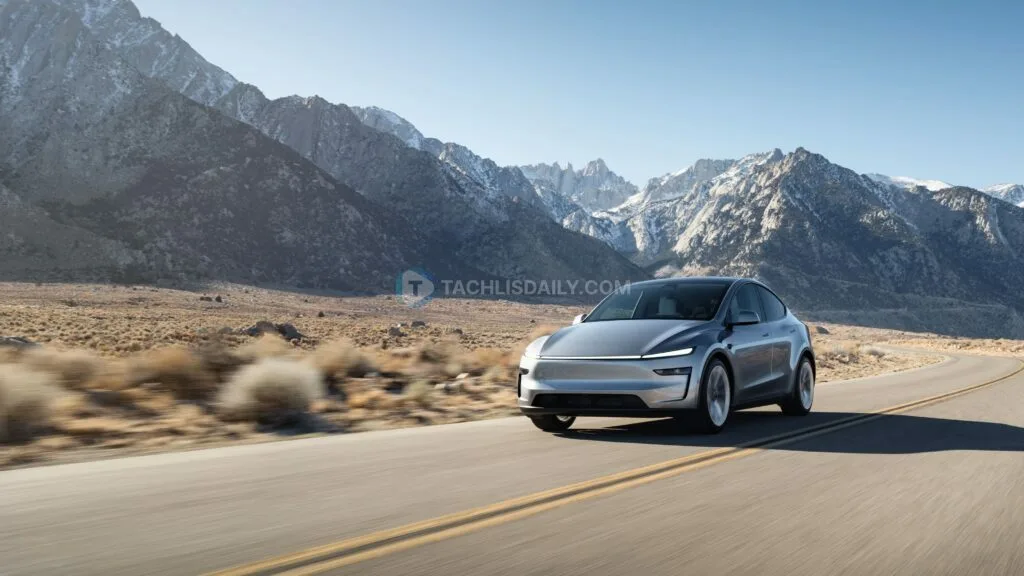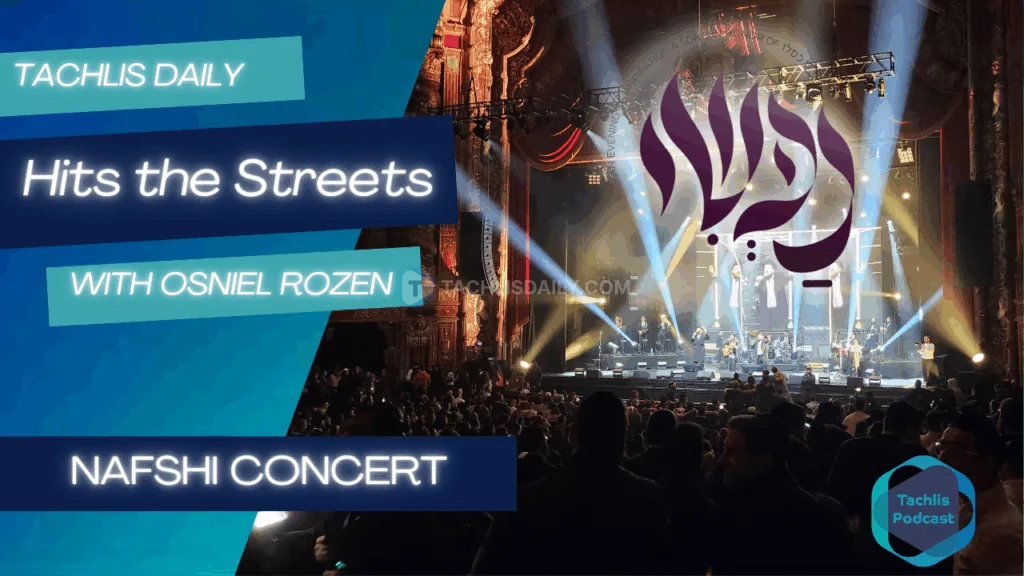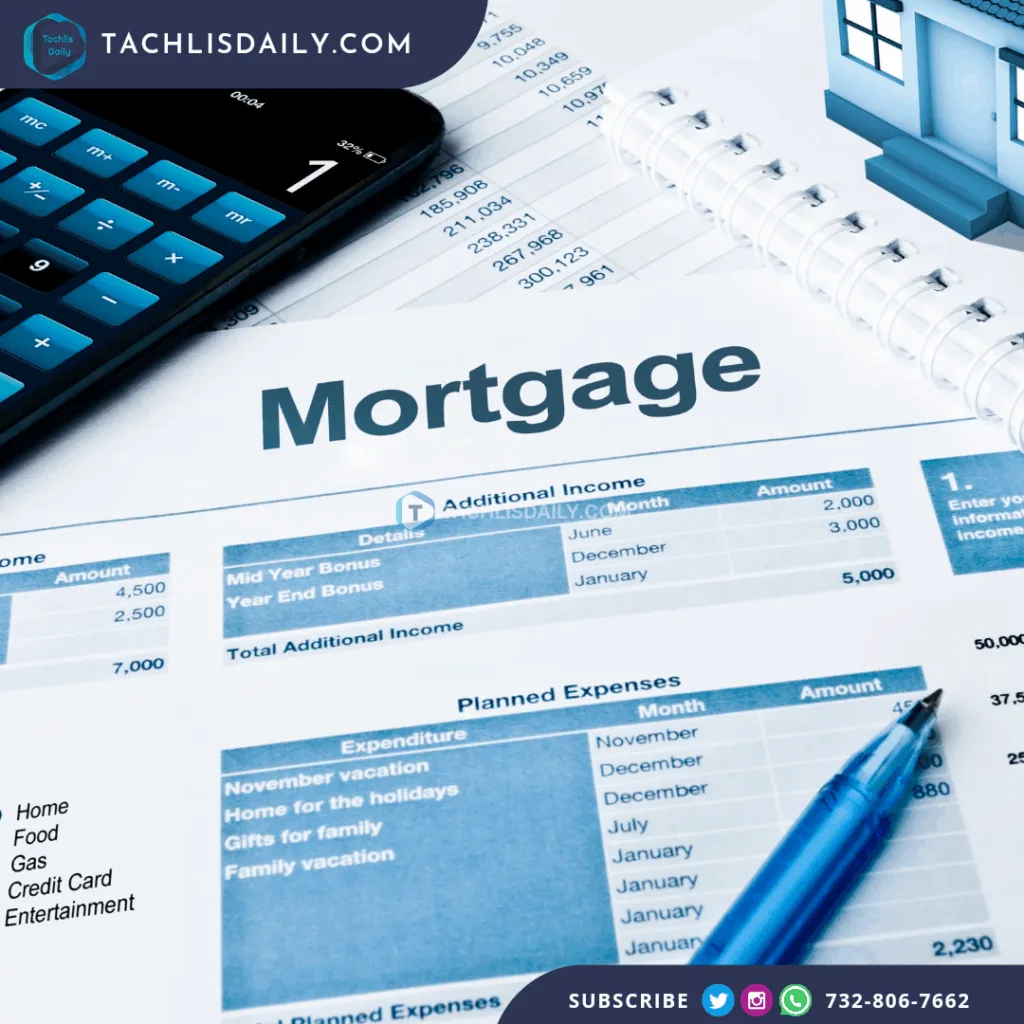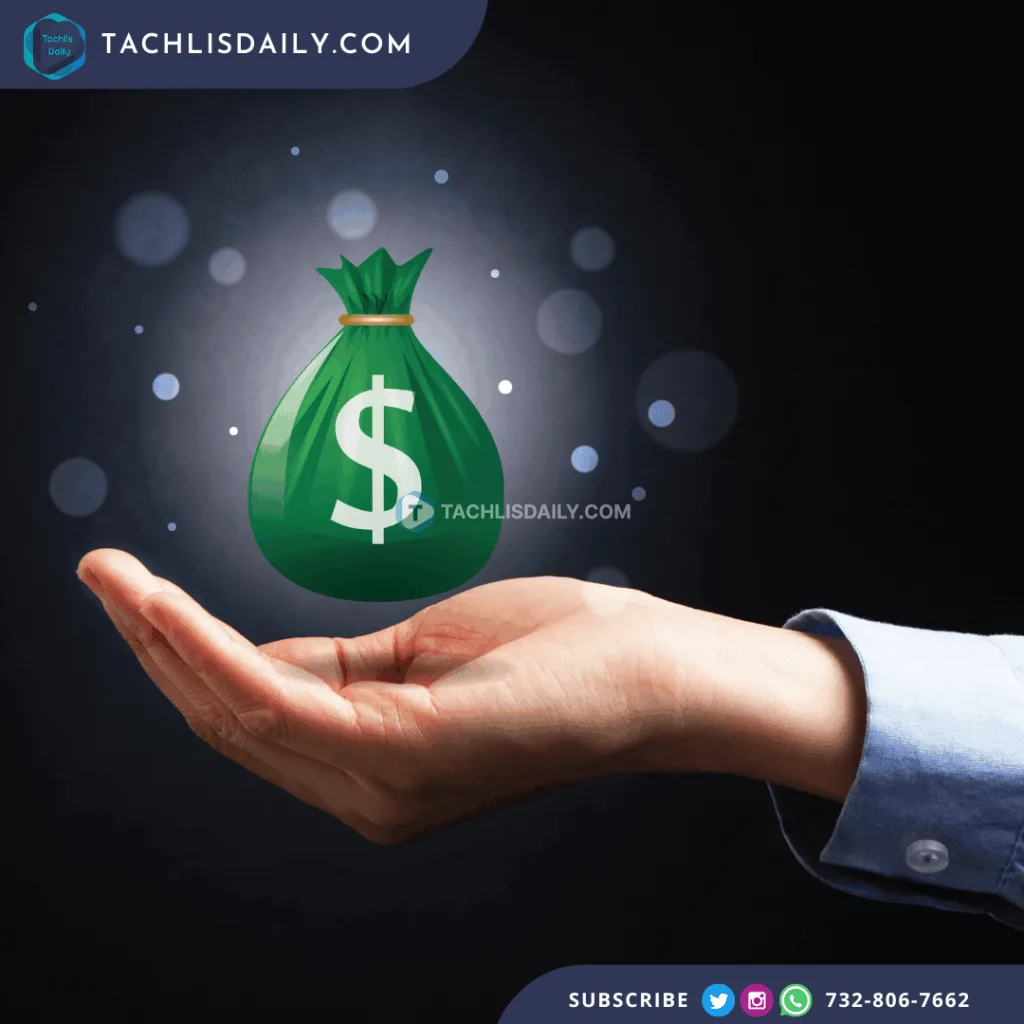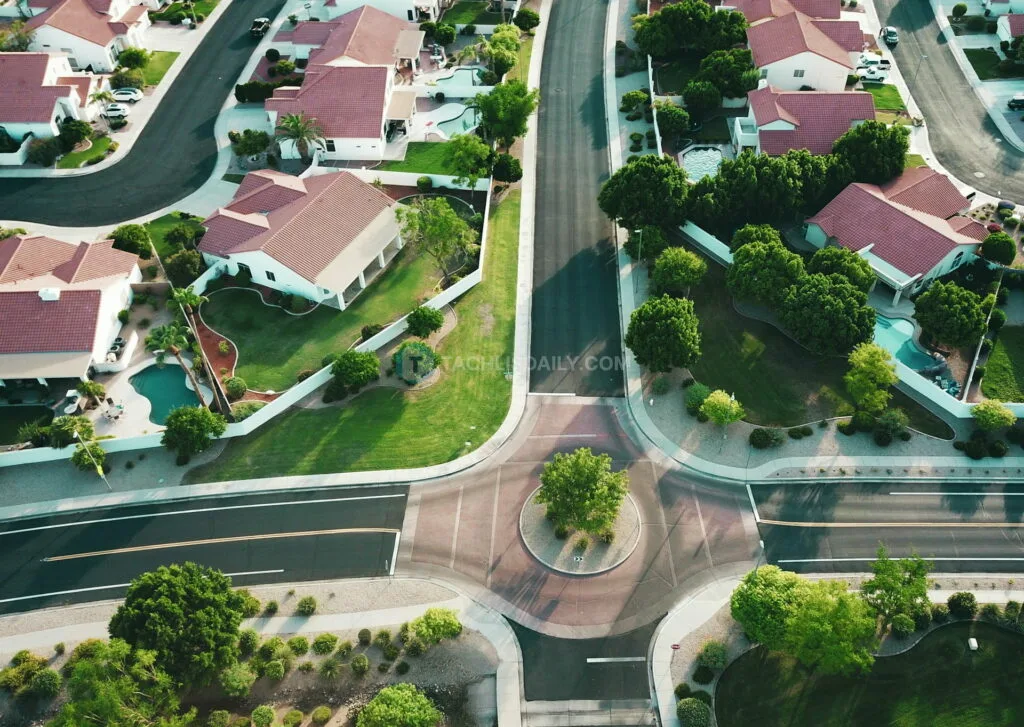A Florida jury has ruled that Tesla must pay a substantial portion of $329 million in damages after determining the company was partially responsible for a deadly 2019 crash involving its Autopilot system. The verdict includes approximately $129 million in compensatory damages and an additional $200 million in punitive damages assessed solely against the electric vehicle maker.
The jury concluded that Tesla bore 33% of the responsibility for the crash, which occurred in Key Largo. As a result, Tesla is expected to pay around $42.5 million of the compensatory damages, along with the full $200 million in punitive damages, totaling approximately $242.5 million. Tesla has announced its intention to appeal the ruling, criticizing what it described as significant legal errors during the trial.
The case centered on George McGee, the driver of a Tesla Model S, who was operating the vehicle using Tesla’s Enhanced Autopilot system. During the drive, McGee dropped his phone and reached down to retrieve it. While distracted, his car accelerated through an intersection at over 60 miles per hour, striking a parked vehicle and two people standing nearby. Naibel Benavides, 22, was killed instantly. Her boyfriend, Dillon Angulo, survived with severe injuries, including multiple broken bones and a traumatic brain injury.
Lawyers representing the victims argued that Tesla’s Autopilot was inherently flawed and marketed deceptively. They claimed the system was designed for controlled-access highways but did not prevent its use on other roads, increasing the risk of misuse. The plaintiffs also pointed to public statements by Tesla leadership that they said gave drivers a false sense of the system’s capabilities.
“Tesla deliberately chose not to limit Autopilot’s use to highways and promoted it as safer than human drivers,” one of the plaintiffs’ attorneys said. “That reckless approach has turned American roads into a testing ground for unsafe technology.”
The trial, held in the Southern District of Florida, began in mid-July. Attorneys for the victims had originally sought $345 million in damages. The jury’s decision could serve as a landmark in ongoing legal scrutiny of Tesla’s self-driving technology, with a dozen similar cases currently underway involving crashes that occurred while Autopilot or Full Self-Driving (Supervised) systems were engaged.
Tesla maintains that the crash was the driver’s fault. In a post-trial statement, the company emphasized that McGee was speeding and pressing the accelerator, which overrode Autopilot, and that no car on the market—then or now—could have prevented the collision under those conditions. Tesla also warned that the verdict could hinder innovation in automotive safety and self-driving technology.
“This verdict is wrong,” the company stated. “It will set back progress across the industry and undermine efforts to improve road safety through automation.”
The case comes at a pivotal time for Tesla and its CEO, who are increasingly focused on expanding autonomous vehicle capabilities and launching robotaxi services. However, the company’s track record on self-driving safety has been under growing scrutiny. The National Highway Traffic Safety Administration has launched two investigations into the performance of Tesla’s Autopilot system. One inquiry is examining the effectiveness of Tesla’s software fixes following a prior recall. Another is ongoing, assessing whether Autopilot’s behavior around stationary emergency vehicles poses a broader safety risk.
In parallel, critics have flagged the potential for misinformation around Tesla’s self-driving capabilities. Regulators have cautioned the company against social media posts that may lead users to wrongly believe the cars are fully autonomous, despite owner manuals clearly instructing drivers to remain attentive and maintain control at all times.
According to independent tracking, at least 58 deaths have occurred in crashes where Tesla vehicles had Autopilot activated at the time of or just before the incident. The outcome of this case may influence how future claims involving Tesla’s autonomous systems are litigated and could have significant implications for the broader self-driving car industry.
